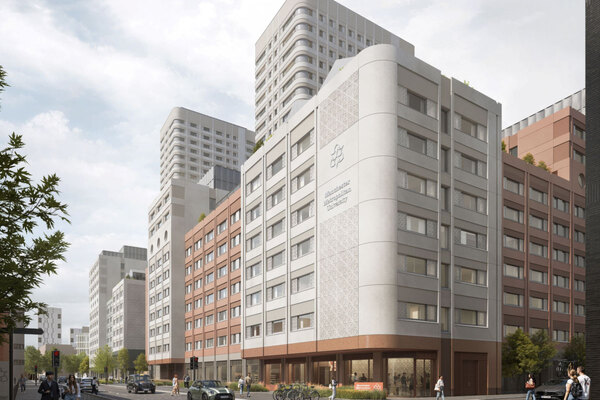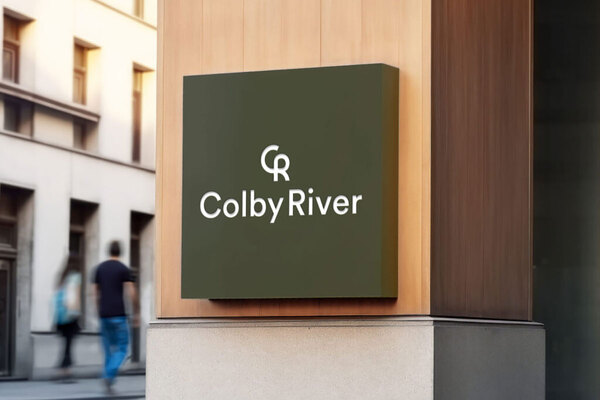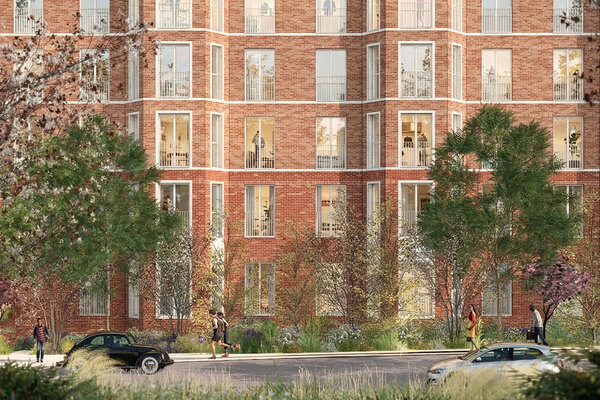A year of Habiko: how is the public-private housing partnership progressing?
Habiko, a joint venture between developer Muse, Homes England and Pension Insurance Corporation, has unveiled the first two sites where it will build affordable homes. Zainab Hussain meets Lisa Gledhill, managing director of national partnerships at Muse, to find out more
Related stories



